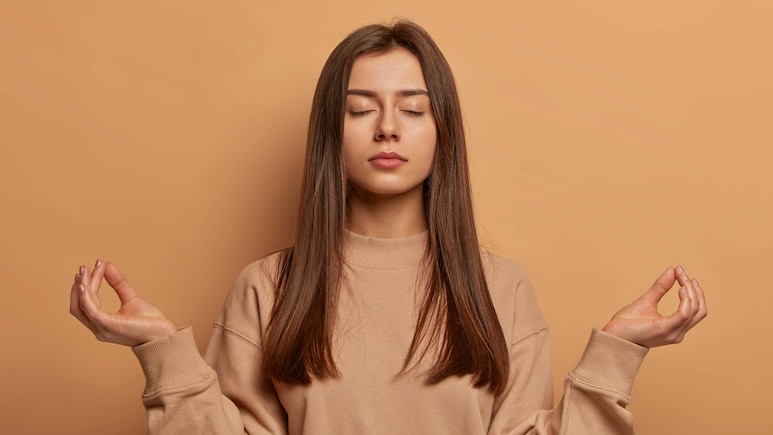
Your lungs are one of the most important parts of the body. The lungs help in gas exchange wherein it moves oxygen from the air into the blood and carbon dioxide from the blood out of the body. They also help to filter the air, protect against germs and dust using mucous, and also maintain the body's pH balance by removing carbon dioxide. Hence, it is extremely crucial that you take necessary steps that help to keep the lungs healthy.
From performing breathing exercises regularly to not smoking, all of these aid in keeping your lungs healthy. However, the rising pollution levels tend to affect your lungs and respiratory system immensely. Air pollutants affect your lungs, both in the short-term as well as in the long-term. This causes irritation, inflammation and several other respiratory and cardiovascular diseases. Short-term effects of air pollutants include coughing, wheezing, shortness of breath, and worsening of asthma. However, long-term exposure can cause chronic conditions like COPD, lung cancer, and reduced lung function.
To keep your lung healthy and take necessary precautions to protect it, you must first take a lung health check. Read on to know more.
What Is The 1-Minute Lung Health Check?
The 1-minute lung health check is a simple breathing exercise that helps you detect early signs of lung irritation or problems that's caused by air pollution, especially when AQI levels are severe. It involves mindful breathing through the nose and holding your breath gently for up to 60 seconds, paying attention to how your lungs feel during the process. Although it is not a medical test, the signs it gives can alert you.
How To Do The 1-Minute Lung Health Check?
- Sit comfortably in a relaxed position.
- Breathe slowly and deeply through your nose. Notice if it feels smooth or difficult.
- Try to hold your breath gently for as long as possible, ideally up to 60 seconds.
- During the breath-hold, try to understand if there's any discomfort like tightness, dizziness, coughing, or chest pressure.
- After holding, exhale slowly and notice if the air flows out easily or if you face any difficulty.
- Repeat this daily as a simple routine to monitor lung health.
What To Look For? Signs That Your Lungs Need Attention
- Difficulty breathing through your nose or nasal blockage could be signs of allergies or irritation.
- Chest tightness or feeling pressure may indicate inflamed or sensitive airways.
- Gasping or inability to take slow, steady breaths might mean your lungs aren't functioning well.
- Persistent coughing during the test is a sign of inflammation or irritation of the airways.
- Trouble holding your breath as long as before, dizziness, or discomfort are warnings your lungs are weak or affected.
- Difficulty exhaling fully could be an early sign of lung blockage or damage.
Why Is This Check Important During Severe AQI?
When AQI levels reach severe (above 300), outdoor air contains harmful pollutants like fine particles and gases that can cause coughing, throat irritation, chest congestion, shortness of breath, and fatigue even after a short exposure. Early detection with the lung check can help you get faster medical consultation and prevent worsening conditions.
When To See A Doctor?
If you consistently notice any warning signs during the 1-minute lung check or experience ongoing symptoms like:
- Chest tightness or persistent cough lasting more than two weeks.
- Breathlessness even at rest or after light activity.
- Difficulty breathing or wheezing.
- Frequent respiratory infections or fatigue.
You should consult a pulmonologist for proper tests and treatment. Early medical intervention can help improve outcomes and prevent severe lung damage.
A simple 1-minute daily lung check is a good way to assess how well your lungs are coping, especially during severe air pollution. This check-up is easy, free and can be done by anyone at home without any special equipment. Taking a minute daily to monitor your breathing is a good step to protect your lungs.
Disclaimer: This content including advice provides generic information only. It is in no way a substitute for a qualified medical opinion. Always consult a specialist or your own doctor for more information. NDTV does not claim responsibility for this information.
Track Latest News Live on NDTV.com and get news updates from India and around the world

